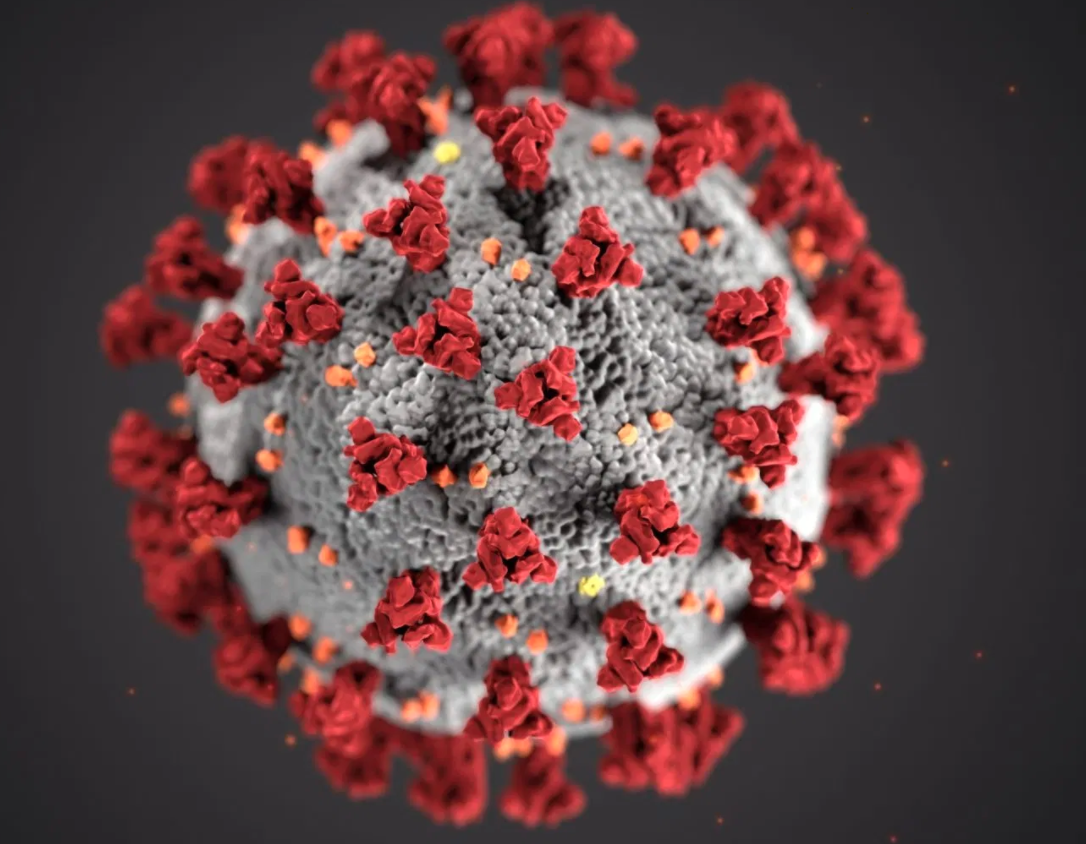 The news media has been providing almost non-stop coverage of the worldwide COVID-19 pandemic. One of the things stated is that older people are more likely to be severely affected by the disease. This is borne out by mortality statistics.
The news media has been providing almost non-stop coverage of the worldwide COVID-19 pandemic. One of the things stated is that older people are more likely to be severely affected by the disease. This is borne out by mortality statistics.
There are three measures of the spread of COVID-19:
- The number of people who are infected
- The number of confirmed infections
- The number of deaths due to a COVID-19 infection
We don’t know, at any given point in time, how many people have been infected. Some cases are very mild, and some cause no symptoms at all. Unfortunately, these people are just as likely to pass the disease on to you with a handshake, as is an infected person who coughs while speaking to you. For this reason, it is highly likely that there are far more infected people out there than we know about.
The number of confirmed infections is not a good proxy for the number of people who are infected, because confirmation depends on a test, and the test is in short supply. If more people were tested, more infected people would be found.
 The best data is that on the number of people who have died from a COVID-19 infection. In most cases, it is pretty easy to distinguish a dead person from a live one. This data can be analyzed and tell us important things about the disease and its consequences. In the early days of the epidemic in Wuhan, China, a strong correlation between age and death rate was noted. Practically no child under ten years old died of COVID-19. The death rate ramped up exponentially from there, with people in their seventies having an eight percent chance of dying, and people eighty and above having a 14.8 % chance. That’s higher than one chance in seven.
The best data is that on the number of people who have died from a COVID-19 infection. In most cases, it is pretty easy to distinguish a dead person from a live one. This data can be analyzed and tell us important things about the disease and its consequences. In the early days of the epidemic in Wuhan, China, a strong correlation between age and death rate was noted. Practically no child under ten years old died of COVID-19. The death rate ramped up exponentially from there, with people in their seventies having an eight percent chance of dying, and people eighty and above having a 14.8 % chance. That’s higher than one chance in seven.
Why might this be so? Why are older people dramatically more likely to die from a COVID-19 infection than younger people? One big reason has to do with the immune system. The effectiveness of the immune system declines with age. Your body is less able to fight off infectious agents that it encounters. Add to that the fact that the corona virus that causes COVID-19 is a totally new pathogen that humans have never encountered before. Our adaptive immune system, which learns from previous encounters with a pathogen, has no defense against this new threat. Our innate immune system has only generalized tools at its disposal, nothing that specifically targets this virus.
Another strike against older people is that they probably have co-morbidities that weaken their ability to fight off this new threat. The older a person gets, the more co-morbidities they are likely to have. These include Type 2 diabetes, lung disease, COPD, other circulatory diseases, or overall frailty.
What should you do, if through no fault of your own, you are over 60, or even, God forbid, over 80?
Practice social distancing.
To the extent possible, isolate yourself at home and avoid coming within 6 feet of other people. The longer everyone can delay contracting the disease, the better your community’s health infrastructure will be able to cope with the people who do become ill. If you can avoid infection, in the process you will avoid passing it on to a more susceptible person. Thus, you should practice social distancing even if you are young and in robust good health. By doing so, you are protecting the lives of others, perhaps thousands of others along a chain of transmission that, thanks to you, never gets started.